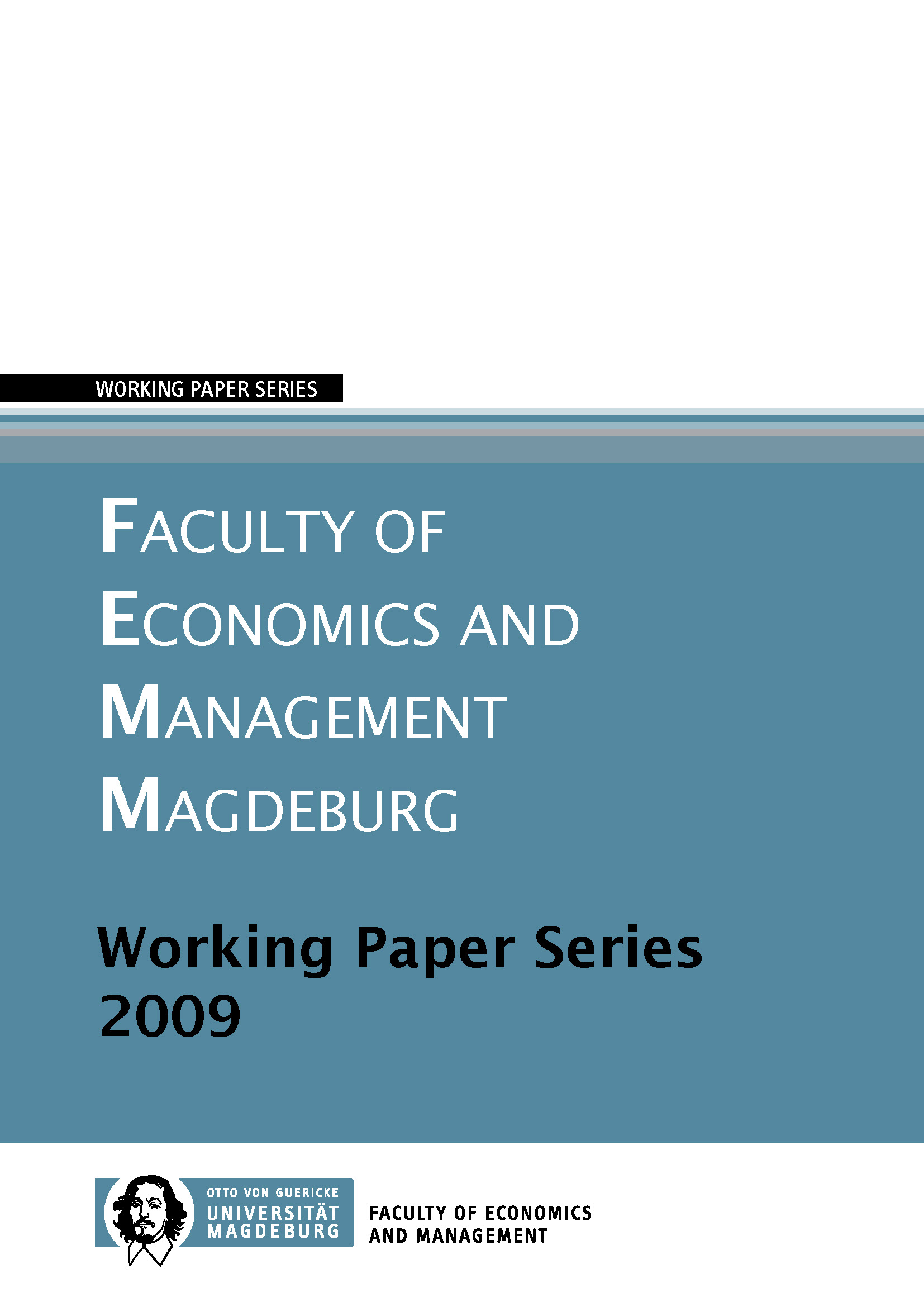On how the acquisition of recoverable parts influences the profitability of spare parts management for durables
DOI:
https://doi.org/10.24352/UB.OVGU-2018-409Schlagworte:
Closed-Loop Supply Chains, Spare Parts, Competition in Product Recovery, Case StudyAbstract
In the management of spare parts for durables OEMs often face a sharp decline in sales of spare parts when the warranty period of their products ends. One reason for this effect is given by the high profitability of the after sales market which attracts competitors. If the competitors' main sourcing option consists of repairing used or broken parts, an acquisition of those parts by the OEM might lower competition and increase sales. The purpose of this paper is to provide a case-based framework to offer insights on the opportunity of recovering parts. We consider a two-stage supply chain, where independent repair shops are responsible for handling the repair process. There are two options to meet spare parts demand: repair shops may replace the part with a new one (ordered from the OEM) or they may use a part that they repaired before. While repair shops achieve a larger profit by repairing parts, the OEM would prefer the use of new parts. However, he has no control on demand which might be obtained through buyback of broken parts. Furthermore, the OEM could recover these parts on a higher level, thus reducing production/procurement of new parts. The main contribution of this paper is to elaborate the important effects of recoverable items acquisition on spare parts demand by using a simple deterministic framework thus outlining the impact of different parameters on the profitability of spare parts management.


